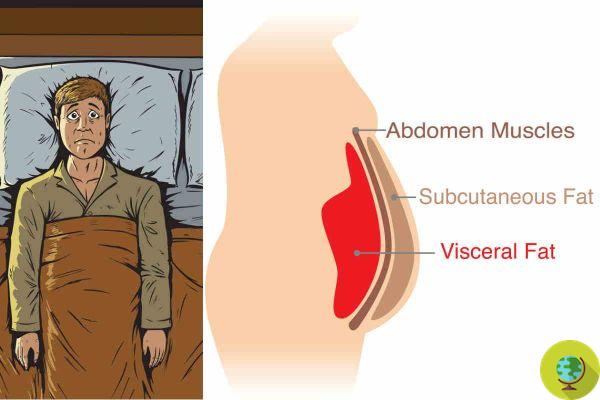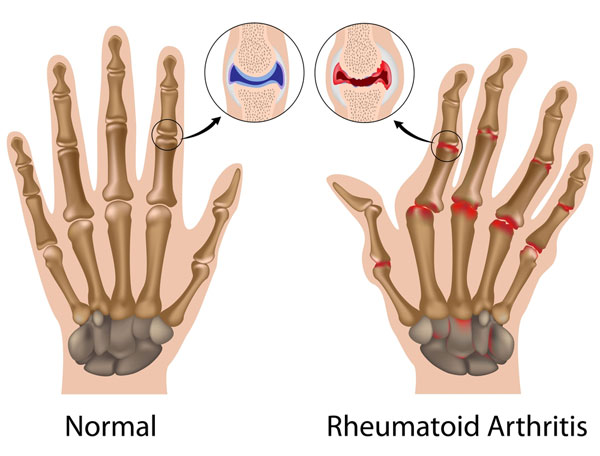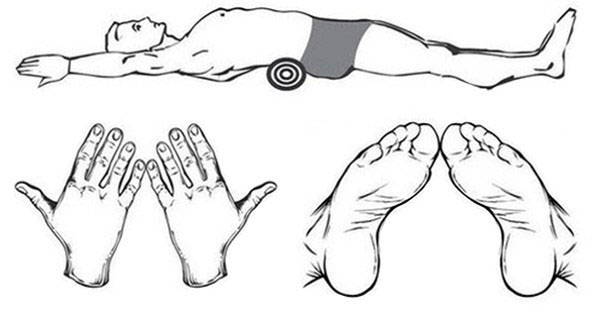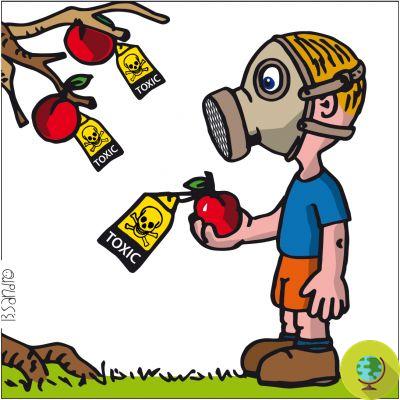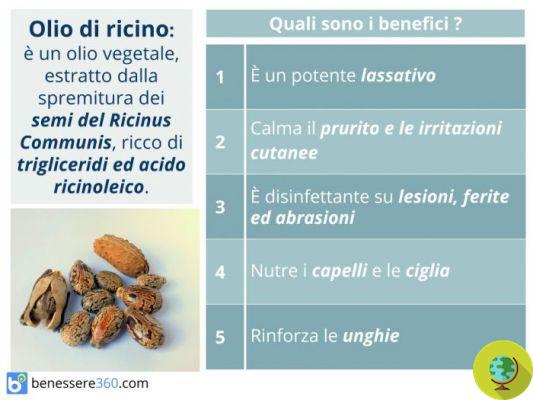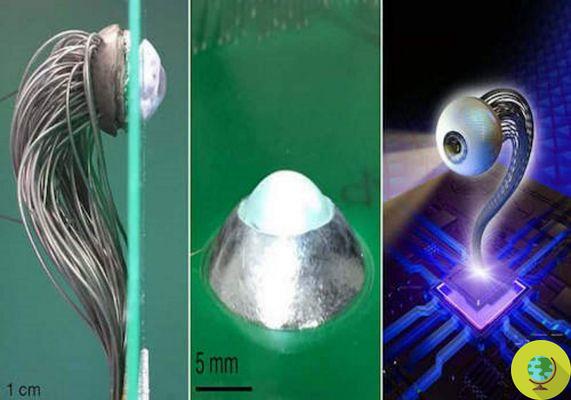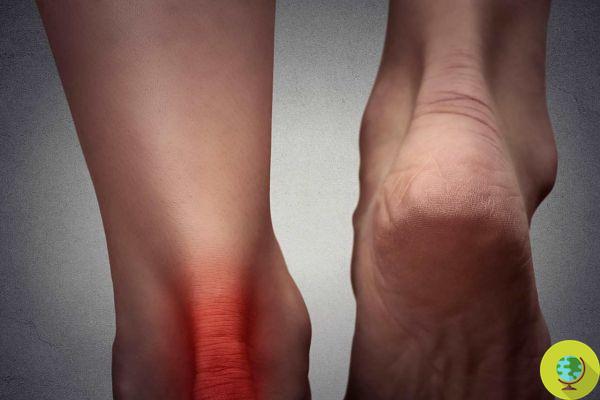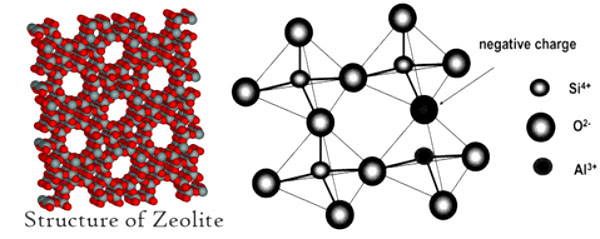Plasticisers, such as bisphenols, create irreversible damage to the nervous system, compromising the transmission of impulses
Don't store avocado like this: it's dangerousBiologists sound the alarm: plasticizing substances, such as bisphenols, used in the production of numerous commonly used products, create irreversible damage to the nervous system, compromising the transmission of impulses.
The plasticizing substances contained in the objects we use every day can have a very important impact on our brain functions - this is what emerges from a study conducted by the University of Bayreuth (Germany): plasticizers, especially bisphenol A and bisphenol S, would destroy the transmission of signals between nerve cells, profoundly compromising the functionality of the brain. Another alarm bell for the production of alternative plasticizers, which are more sustainable and which do not represent a risk for nature and man.
Unfortunately, bisphenols are extremely common in a very large number of plastic products spread around the world - such as, for example, food containers, tableware, beverage bottles, toys, pacifiers for children. newborns. In recent years, there have already been several health problems associated with the use of these substances, especially the bisphenol A (BPA). Now the new German study has investigated the effects of this plasticizer on the quality of signal transmission between nerve cells in an adult brain.
The damaging effects on the brain mainly involve the delicate balance between different neuronal functions. While some cells transmit signals that cause a state of arousal to the downstream cells, other cells have the function of inhibiting these cells. However, coordination of arousal and inhibition is essential for the functioning of the central nervous system.
It is well known that numerous problems in the vertebrate nervous system are caused by the fact that the stimulus and inhibition signals are not coordinated or are inadequately coordinated - explains Dr. Peter Machnik, author of the study. - What is more alarming is that bisphenols A and S have an impact (not yet specified) on the coordination of the system.
It is surprising how much brain functions are affected by the plasticizers used in many industries. This damage, we have seen, does not emerge immediately - he explains Elizabeth Schirmer, involved in the study. - However, even if the brain cells are exposed to minimal amounts of BPA or BPS, the damage done to them is still evident. It seems clear that these substances alter the chemical and electrical transmission of signals across the synapses. Furthermore, they destroy those circuits important for the perception and processing of visual and acoustic stimuli.
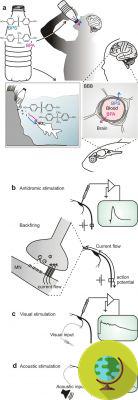
Credits: Communication Biology
Fonte: Communicatios Biology
We also recommend:
- Bisphenols and phthalates in the urine of almost half of the children analyzed: the scary Swiss study
- Not only Bisphenol A: "Bisphenol B is also an endocrine disruptor", France asks for new rules





